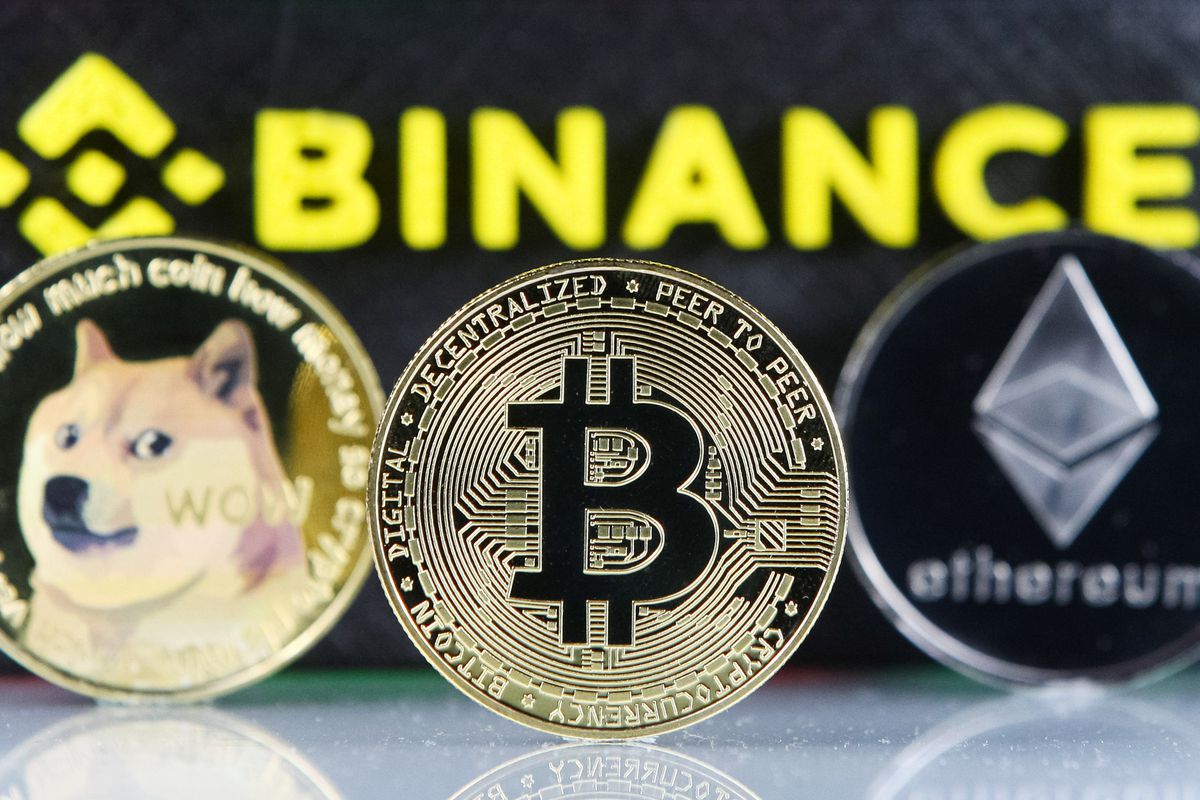The adoption of Bitcoin is gaining momentum worldwide, becoming an integral part of the global digital economy. This trend reflects a growing recognition of its potential as a decentralized, secure, and borderless form of currency. As more individuals and institutions embrace Bitcoin, it not only empowers users with financial autonomy but also challenges traditional banking systems. The rise in Bitcoin adoption can be attributed to several factors, including increased awareness of its benefits, technological advancements, and favorable regulatory developments. As governments and financial institutions experiment with blockchain technology, Bitcoin provides a valuable model for understanding and implementing decentralized systems. The widespread adoption of Bitcoin is reshaping the landscape of finance and economics. It offers an alternative to traditional fiat currencies, especially in countries where economic instability and inflation are prevalent. By allowing individuals to hold and transfer wealth across borders without the need for intermediaries, Bitcoin simplifies transactions and reduces costs.

This is particularly advantageous for remittances, where fees can be exorbitant and processing times lengthy. As more people experience the benefits of Bitcoin, the demand for it grows, further driving adoption in global markets. This momentum is fueled by the desire for greater financial inclusion and the ability to transact in a globalized economy. Moreover in Cardano News, the rise of Bitcoin reflects a broader trend towards digitalization and financial innovation. As traditional financial systems face increasing challenges, cryptocurrencies like Bitcoin offer an alternative that is not only more resilient but also more adaptable to the needs of the modern economy. This shift is being accelerated by advancements in technology, such as blockchain, which provide transparency and security in transactions. The ability to track and verify transactions without the need for intermediaries is a significant advantage, reducing the risk of fraud and corruption. As blockchain technology matures, it is likely that more businesses and governments look to integrate similar solutions, further legitimizing Bitcoin and other cryptocurrencies as viable options for value transfer.
For companies, accepting Bitcoin as a form of payment can open up new markets and customer bases. It allows them to tap into a global audience without the barriers imposed by traditional banking systems. Additionally, by holding Bitcoin on their balance sheets, businesses can hedge against inflation and currency devaluation. This trend is also being seen in institutional investments, where large funds and asset managers are starting to allocate a portion of their portfolios to cryptocurrencies. As institutional interest grows, it legitimizes Bitcoin as a serious investment asset, thus influencing its adoption on a larger scale. Furthermore, Bitcoin’s role as a store of value is becoming more apparent in times of economic uncertainty. Its decentralized nature makes it resistant to manipulation by central banks or governments, which is attractive to investors looking for a hedge against inflation or geopolitical risks. The limited supply of Bitcoin, capped at 21 million coins, further enhances its appeal as a scarce asset. This makes it a valuable tool for wealth preservation in regions where currencies are unstable or prone to devaluation.
